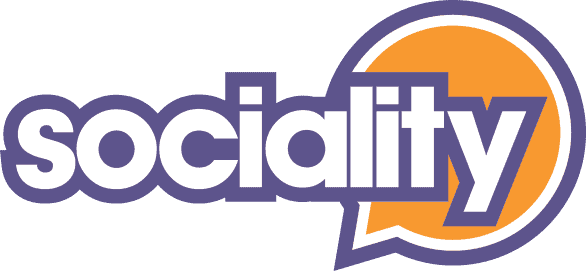By Wayne Hall, Copywriter, Gilbreath Communications, Inc.
 Short deadlines can set off incredible surges of creativity. The question is in the quality of what’s created.
Short deadlines can set off incredible surges of creativity. The question is in the quality of what’s created.
The power of deadlines first registered with me as daily newspaper reporter at the Valley Morning Star in Harlingen, Texas (for anyone unaware, that’s in the Rio Grande Valley, west of Brownsville). It was a mid-sized newspaper in a city of about 50,000 people, but city and business leaders, the police and sheriff’s departments, and other entities all stayed busy enough to require daily print and broadcast news coverage.
My memories of working in a noisy newsroom remain clear and vivid. Our city editor — my immediate supervisor — usually needed an estimated story length from the reporters before we started writing. Meanwhile, the layout crew frequently pushed to know when a story was ready for placement. This is where I learned to always try to proof my own work and to offer a few possible headlines to save time for all involved.
Copywriting is generally a world apart from my daily reporter routine. Apart from doing occasional press release interviews, I don’t typically interact with the people, products or places about which I write. But I still self-edit and set personal deadlines.
Several studies offer sharply varied assessments on whether working under the pressure of a deadline enhances creativity — or, compromises it by rushing it to completion. I recently re-read an article published years ago by the Harvard Business Review titled, Creativity Under the Gun. The researchers who wrote the article detail the results of studying various work teams who had to work long hours for weeks or months to meet an inflexible deadline. Almost 180 employees who participated in this under-deadline experiment came from 22 projects in seven different companies within three industries. These employees kept diaries for the study to document how they handled the strain of dealing with the daily deadline grind:
 “Our study indicates that the more time pressure people feel on a given day, the less likely they will be able to think creatively. Surprisingly, though, people seem to be largely unaware of this phenomenon. In their assessments of their own creativity each day, the participants in our study generally perceived themselves as having been more creative when time pressure was high. Sadly, their diaries gave the lie to those self-assessments. There was clearly less and less creative thinking in evidence as time pressure increased.”
“Our study indicates that the more time pressure people feel on a given day, the less likely they will be able to think creatively. Surprisingly, though, people seem to be largely unaware of this phenomenon. In their assessments of their own creativity each day, the participants in our study generally perceived themselves as having been more creative when time pressure was high. Sadly, their diaries gave the lie to those self-assessments. There was clearly less and less creative thinking in evidence as time pressure increased.”
The researchers went on to note “the drop in creative thinking was most apparent when time pressure was at its worst.” Elsewhere in the study, however, the researchers found a factor that sharpened creativity under pressure: “Another key condition for achieving creativity on the high-pressure days was interpreting the time pressure as meaningful urgency. People understood why solving a problem or completing a job was crucial, and they bought into that urgency, feeling as though they were on a mission.”
Others actually cite ways to use the pressure of a deadline as part of the creative process. In a recent article for the CreativeLive blog titled, Are Deadlines Good for Creativity? Of Course They Are, Shane Mehling says getting into the habit of setting daily personal deadlines on small projects can relieve the anxiety many of us associate with deadlines. Mehling cites the One Project a Day Challenge blog posted on Tumblr by a graphic designer who launched the blog to literally give her creative muscles some daily exercise.
“One Project a Day Challenge was a blog by Valeri Potchekailov. It ended about a year ago, with the Belgian graphic designer having completed, that’s right, one project every day for a year,” Mehling says. “So how do you ‘stay in shape’ creatively, as Potchekailov puts it? Find that time in every day and don’t work on a big thing and don’t try to make it more than it is. Just finish one small thing. But, and this is where the true grace of the deadline comes in, make sure you can barely finish it.”
I agree with Mehling. Why? The whole reason I still clearly recall the “pressure” of newsroom deadlines is because finishing a story — whether it was front-page material or a routine city council meeting — under deadline provided a daily rush of adrenalin and a daily sense of accomplishment.
As Mehling notes: “A creative project can be a marathon. It can require infinite patience and constant revisions. But you don’t run a marathon every day, and a nice sprint can do wonders.”
